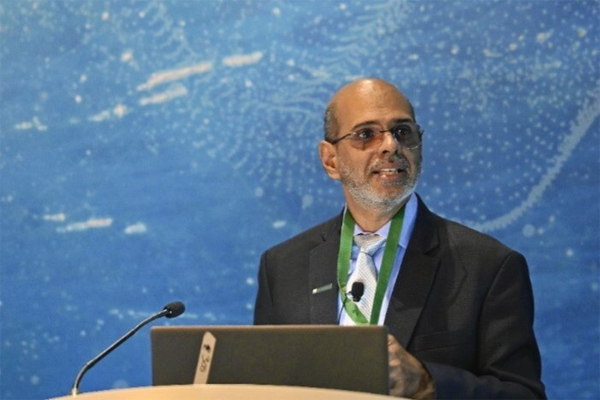- The state-controlled companies suggest they do not intend to stop approving new oil and gas developments

Fabio Palmigiani, Upstream
CALGARY
Energiesnet.com 09 20 2023
Brazil’s Petrobras and Angola’s Sonangol have no plans to follow the roadmap set out by the International Energy Agency (IEA), which sees no need for investment in new fossil fuel developments if the world is to meet its climate goals and limit global warming.
Back in May 2021, the IEA issued a bombshell report seeing no more need for approving investment in new fossil fuel supply projects. It stated that even if governments’ current climate pledges are achieved, the world would still fall short of bringing energy-related carbon dioxide emissions to net zero by 2050.
Speaking Tuesday at a 24th World Petroleum Congress plenary session in Calgary, Alberta, Canada, both state-controlled oil and gas companies Petrobras and Sonangol said “no” to the Paris-based agency’s guideline.
“The energy transition must be from a different stage for each country. It is a different situation for countries that are opening new oil frontiers such as Brazil, Guyana and Suriname,” said Petrobras engineering, technology and innovation director Carlos Travassos.
“So frankly speaking, we do not intend to follow that kind of direction from the IEA, not because of the economic aspects, but mainly because of the social aspects,” he said.
Travassos added that each country has its own pathway for the energy transition and that Brazil will remained focused on its deep-water assets. Petrobras is currently responsible for half the contracting of all floating production, storage and offloading vessels in the world, he said.
When asked the same question if Sonangol was to follow the recommendation laid out by the IEA report, Sonangol board member Osvaldo Inacio replied: “No.”
“If we were to stop sanctioning additional upstream projects or activities, that means literally we would not have any oil to go through our refineries. So stopping would mean almost like a big suicide,” Inacio said.
Angola currently produces about 1.1 million barrels per day of oil but relies on importing to address its domestic needs.
Inacio said one of Sonangol’s main priorities right now is to increase its refining capacity.
He said Sonangol “obviously” recognises – like the rest of the world – the importance of reducing emissions and decarbonising oil production.
“We obviously also think the same but in a way that does not stop the overall economic development, especially industrialisation,” said Inacio.
upstreamonline.com 09 19 2023







